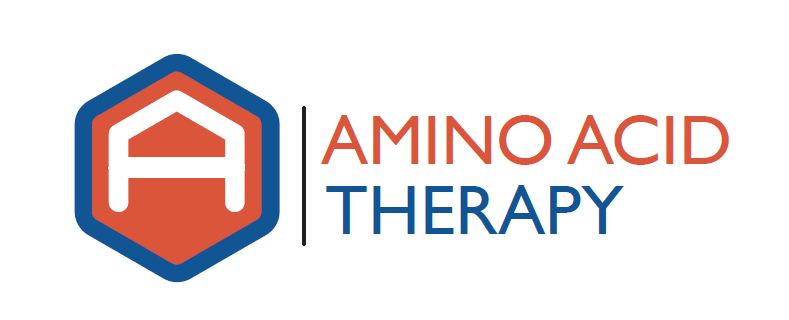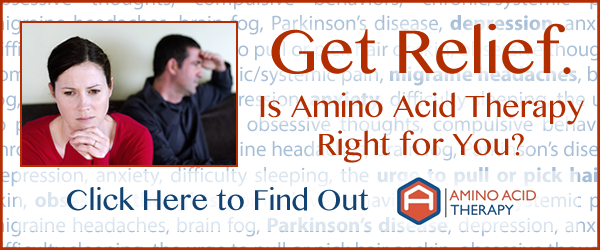 Adrenal fatigue presents an interesting dilemma for clients and health care providers alike because there is so much (mis)information out there. With regards to main stream medicine, adrenal fatigue is not a recognized medical condition and therefore, there are no universally recognized diagnostic criteria for adrenal fatigue. From a clinical perspective however, adrenal fatigue is very real and very widespread. The real question is – what can we do about it?
Adrenal fatigue presents an interesting dilemma for clients and health care providers alike because there is so much (mis)information out there. With regards to main stream medicine, adrenal fatigue is not a recognized medical condition and therefore, there are no universally recognized diagnostic criteria for adrenal fatigue. From a clinical perspective however, adrenal fatigue is very real and very widespread. The real question is – what can we do about it?
Overwhelming stress is the generally accepted underlying cause of adrenal fatigue, so stress management should play a front-line role in any effort to restore optimal adrenal function. In addition, many herbal remedies can be used to help support optimal adrenal function as well as build stress-resiliency. These botanicals are often categorized as ‘adaptogens’ as they help the body adapt to stress. For some, this may be enough to promote an efficient return to adrenal sufficiency. For many however, more support is needed.
Amino Acid Therapy and Adrenal Fatigue
Amino acid therapy is often necessary to properly support the adrenals during any kind of restorative program. The reason is that chronic stress, in addition to taxing the adrenals, also causes substantial neurotransmitter dysfunction in the body. Not only that, several neurotransmitters play a vital role in optimal adrenal function and response.
For instance, norepinephrine controls and regulates corticotropin releasing hormone (CRH) in the hypothalamus which in turn controls adrenocorticotropic hormone (ACTH) release from the pituitary which controls cortisol production from the adrenals. Cortisol controls the synthesis of an enzyme called PNMT which is required for the synthesis of epinephrine and norepinephrine in the adrenals. If that explanation is a little over-the-top for you, the takeaway is this: norepinephrine plays a vital role in how the adrenals respond to stress.
Often times, many people with adrenal issues focus on cortisol (and only cortisol) to ‘fix’ their adrenal problem. However, as we’ve just shown, a more comprehensive approach will augment this process by optimizing the entire dopamine to epinephrine pathway in order to get the system functioning again as a whole. This requires properly balanced amino acid therapy. Once both serotonin and dopamine levels are both in the therapeutic range (which can take 2-4 months to achieve) it typically takes 4-6 additional weeks for the norepinephrine levels to stabilize and up to 3-6 additional months for the epinephrine levels to stabilize.
Obviously, this isn’t a quick fix, but restoring the adrenals after years (and often decades) of stress never is. It is, however, the most comprehensive way to restore optimal adrenal function for the long-term.
If you’d like to get started, please contact us.

